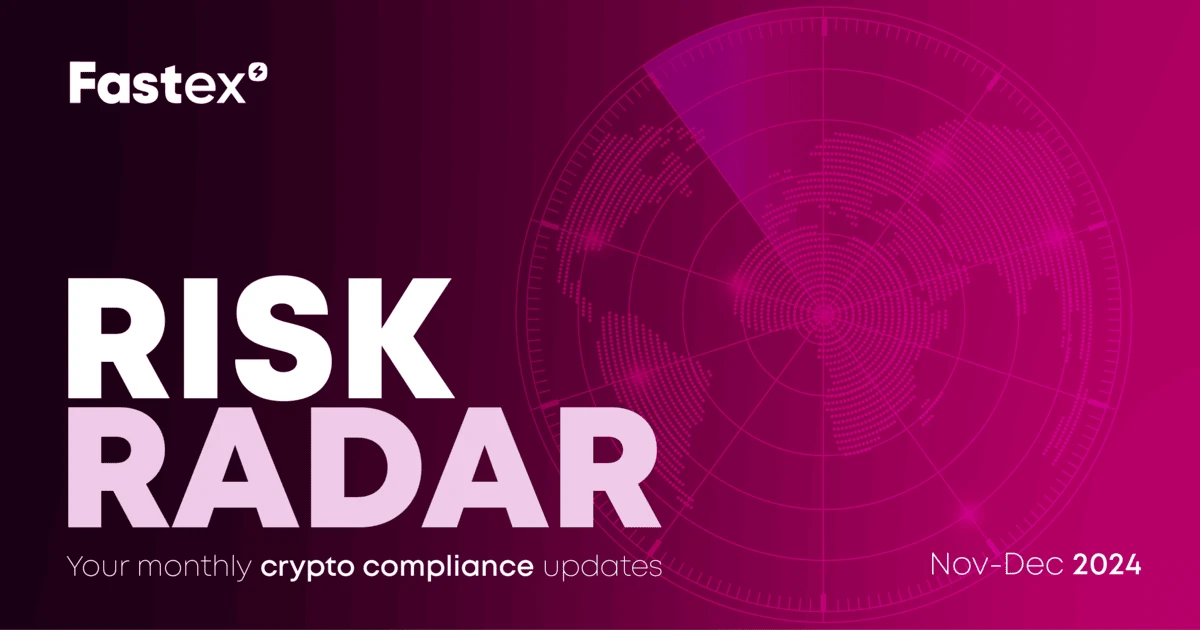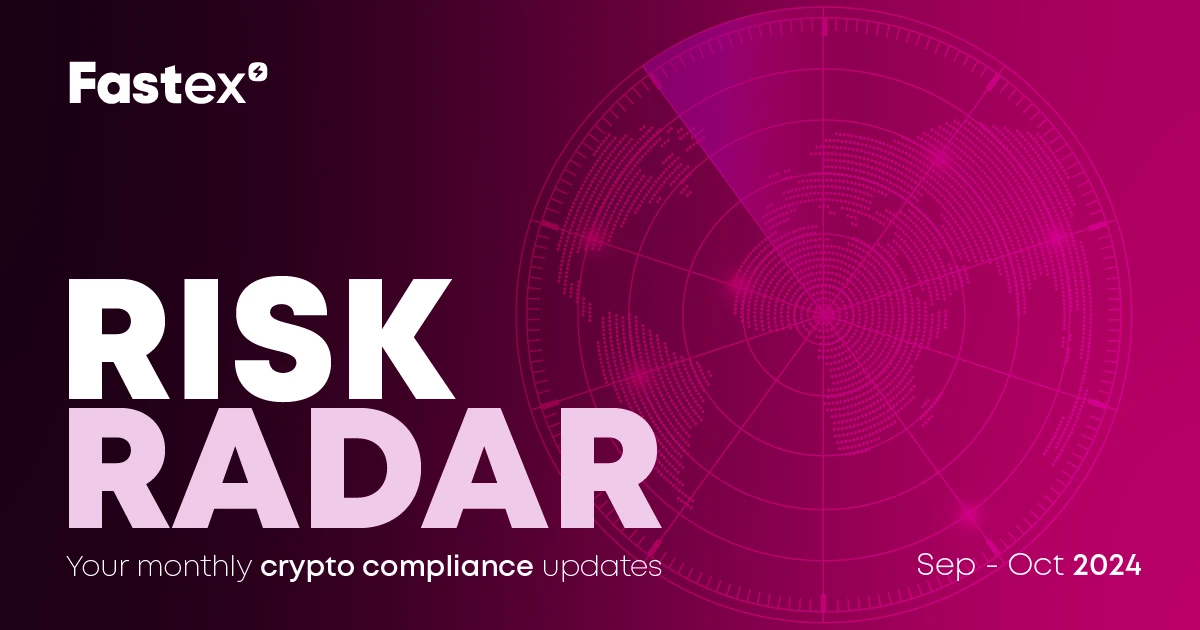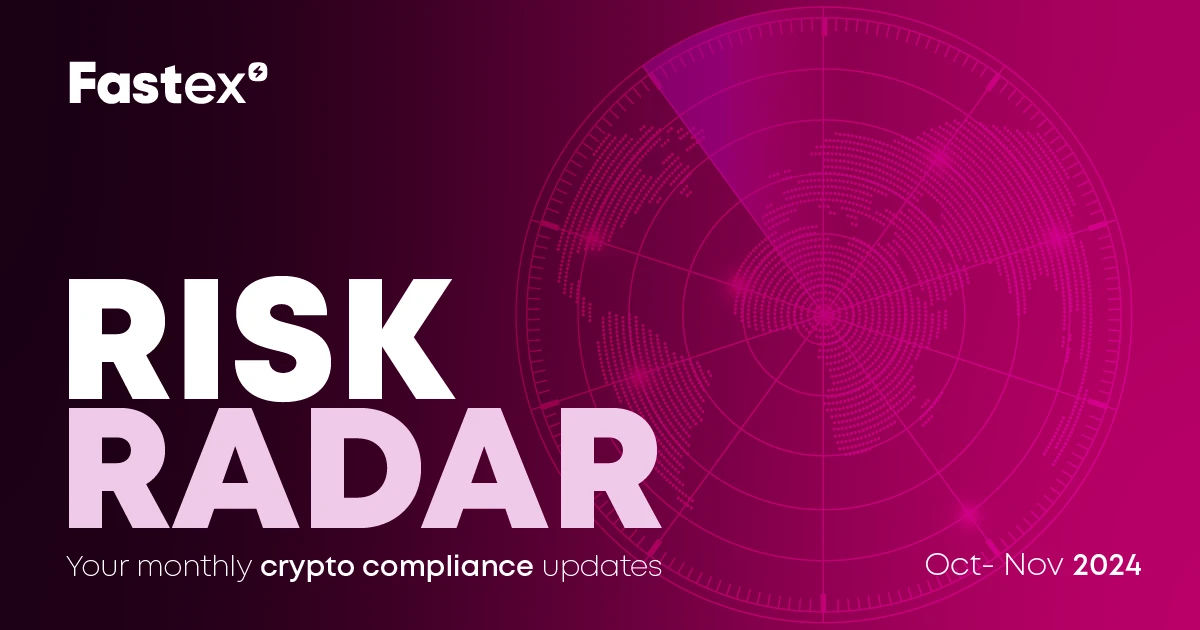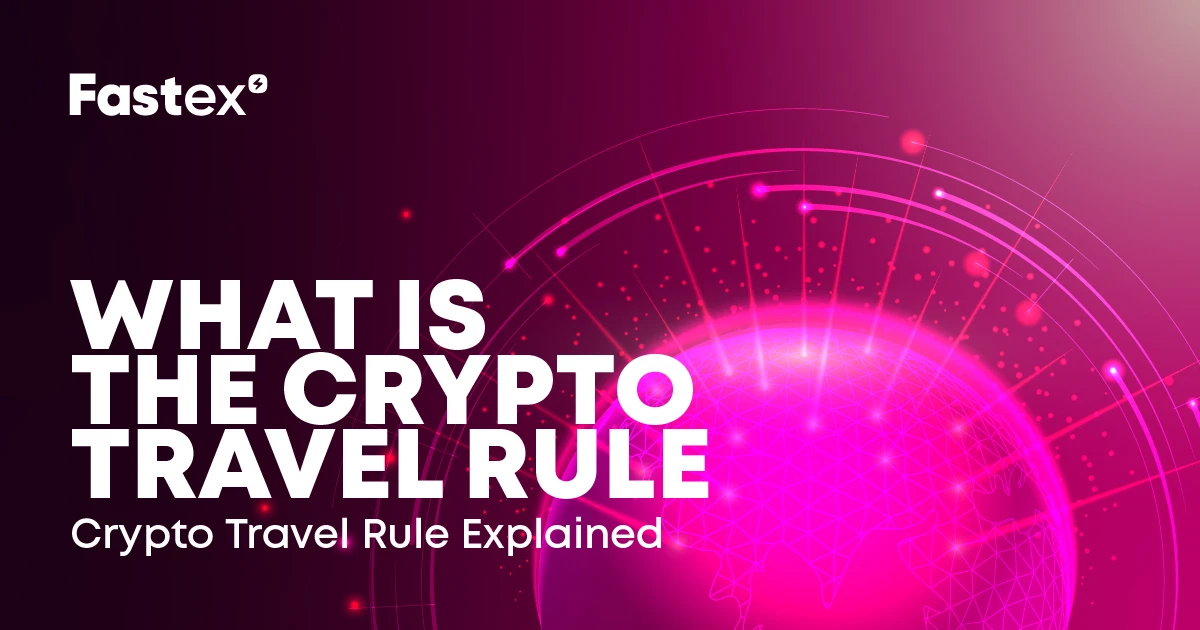
EU member states that have yet to adapt local law to implement MiCA by year's end include Belgium, Italy, Poland, Portugal, Luxembourg and Romania.
The European Union’s comprehensive cryptocurrency regulation, Markets in Crypto Assets (MiCA), is set to be enforced by the end of the year, but nearly a quarter of the 27 member states, including Belgium, Italy, and Portugal, have yet to align their national laws with the framework. The delay has drawn criticism from crypto industry trade associations, who argue that the European Commission and European Securities and Markets Authority (ESMA) are underestimating the challenges. MiCA’s implementation is in two phases: the first, in June, focused on stablecoin issuers, while the second, set for December, requires crypto asset service providers (CASPs) to register and secure licenses to operate across the EU. However, the late finalization of regulatory standards in October left regulators just two months to process complex applications, causing widespread concerns about readiness.
Binance beefs up compliance team by 34% to 645 full-timers

Binance is on a hiring spree in its compliance department and will increase the team size by 34% by the end of the year, the exchange announced on its Binance Square platform on Nov. 22. The compliance team will have 645 full-time members and over 1,000 members counting contractors.
Why Costa Rica Is Taking a Hands-Off Approach to Regulating Crypto

The Costa Rican government is keeping a watchful eye on crypto experiments in the country, says former deputy Jorge Eduardo Dengo Rosabal.
Costa Rica doesn’t have any formal crypto laws. But its government and institutions are quietly letting the sector flourish. That’s according to Jorge Eduardo Dengo Rosabal, a former deputy of Costa Rica’s Legislative Assembly who participated in the drafting of a proposed — and rejected — crypto regulation bill for the Latin American nation back in 2022.
“The best way to define the situation is that the government is carefully watching what is going on in the crypto world, but hasn't gotten its hands fully into regulation yet, although there have been some discussions around it,” Dengo told CoinDesk in an interview.
$6.2 million for a banana? Cattelan’s provocative artwork stuns NYC
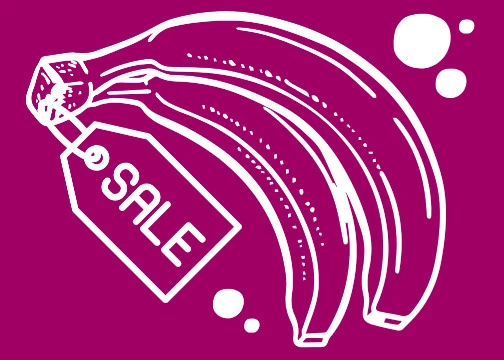
Operation Destabilise:
NCA disrupts $multi-billion Russian money laundering networks with links to, drugs, ransomware and espionage, resulting in 84 arrests

An international NCA-led investigation - Operation Destabilise - has exposed and disrupted Russian money laundering networks supporting serious and organised crime around the world: spanning from the streets of the UK, to the Middle East, Russia, and South America.
Investigators have identified two Russian- speaking networks collaborating at the heart of the criminal enterprise; Smart and TGR.
Operation Destabilise is being revealed today as the US Department of the Treasury’s Office of Foreign Assets Control (OFAC) announces sanctions against the Russian-speaking men and women at the head of these networks, as well as four businesses linked to TGR.
A seventh individual, who was a global money laundering facilitator with strong links to one of the networks, has also been arrested by the NCA’s international partners.
As well as enabling UK-based criminals, Smart and TGR used their global reach to launder money for transnational crime groups such as the Kinahans. The notorious family-run crime syndicate, responsible for trafficking drugs and firearms into the UK and around the world, were sanctioned by the US in 2022.
They also helped Russian clients to illegally bypass financial restrictions to invest money in the UK, threatening the integrity of our economy.
From late 2022 to summer 2023 the Smart network was used to fund Russian espionage operations.
NCA-coordinated activity has so far led to 84 arrests, with many already serving prison sentences, as well as the seizure of over £20m in cash and cryptocurrency.
Operation Destabilise uncovered a complex scheme, whereby the networks collect funds in one country and make the equivalent value available in another, often by swapping cryptocurrency for cash.
This provides a mutually beneficial service, streamlining the movement of cash generated by crime groups in the West, while simultaneously laundering crypto for cyber criminals, and helping Russian oligarchs and elites to bypass sanctions.
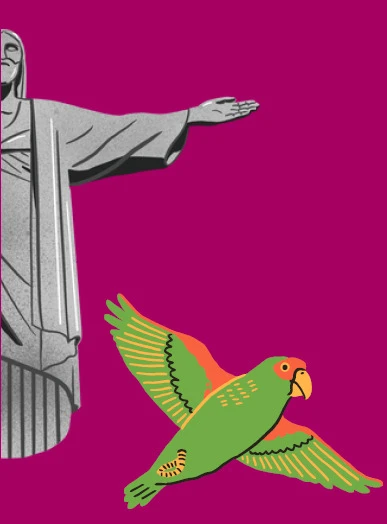
Brazil proposes to ban stablecoin withdrawals to self-custodial wallets
Brazil is considering a ban on stablecoin withdrawals to self-custodial wallets, coinciding with the Brazilian real hitting all- time lows against the United States dollar. On Nov. 29, Banco Central do Brasil (BCB), the central bank of Brazil, issued a proposal to ban transfers of stablecoins like Tether’s USDt to self-custodial wallets like MetaMask. The proposal is part of a draft regulation and is subject to public consultation until Feb. 28, 2025.
Bitcoin reserve won’t solve US debt crisis: Think tank co-founder
United States Senator Cynthia Lummis’ plan to set up a strategic Bitcoin reserve won’t be enough to solve the crisis over the country’s debt, which has now swelled to $35 trillion, the president of a nonprofit think tank said.
When Lummis “talks about how a Bitcoin reserve could help us eliminate the federal debt, that’s an overselling of what Bitcoin could do,” Avik Roy, president of the Foundation for Research on Equal Opportunity, said at the North American Blockchain Summit 2024 in Dallas, Texas, on Nov. 20.
“The Bitcoin reserve is good, but it does not solve the problem.
You still have to actually do the budgetary reforms to get us out of this $2 trillion a year of federal deficits.”
Since 1981, the US national debt has increased at a compounded annual growth rate of 5.3% from $3.81 trillion to $35.46 trillion, according to US Treasury Fiscal Data.
Digital euro preparation continues as holding limit, privacy debated
Preparation for the launch of the digital euro CBDC continues with an eye toward a potential October 2025 launch decision.
Morocco Drafts Regulations for Crypto, Central Bank Governor Says
The nation banned crypto in 2017 but is now formulating rules for the sector.
The North African country of Morocco has drafted regulations for the crypto sector, its central bank's head said Tuesday. Abdellatif Jouahri, governor of Bank Al-Maghrib, did not provide many details about these regulations in a speech. The country previously banned crypto in 2017.
Bitcoin reserve won’t solve US debt crisis: Think tank co-founder
BitOasis received a full VASP license, marking the final step in its VARA licensing process and allowing it to offer a full range of crypto trading services.
Dubai-based cryptocurrency trading platform BitOasis secured a new license in its home jurisdiction after being acquired by Indian crypto exchange CoinDCX.
BitOasis received a full virtual asset service provider (VASP) license from Dubai’s Virtual Assets Regulatory Authority (VARA), the firm announced on Dec. 9.
The acquisition of the full license marked the final step in BitOasis’ VARA licensing process, allowing it to offer a full range of crypto trading services, including buying, selling and trading.


